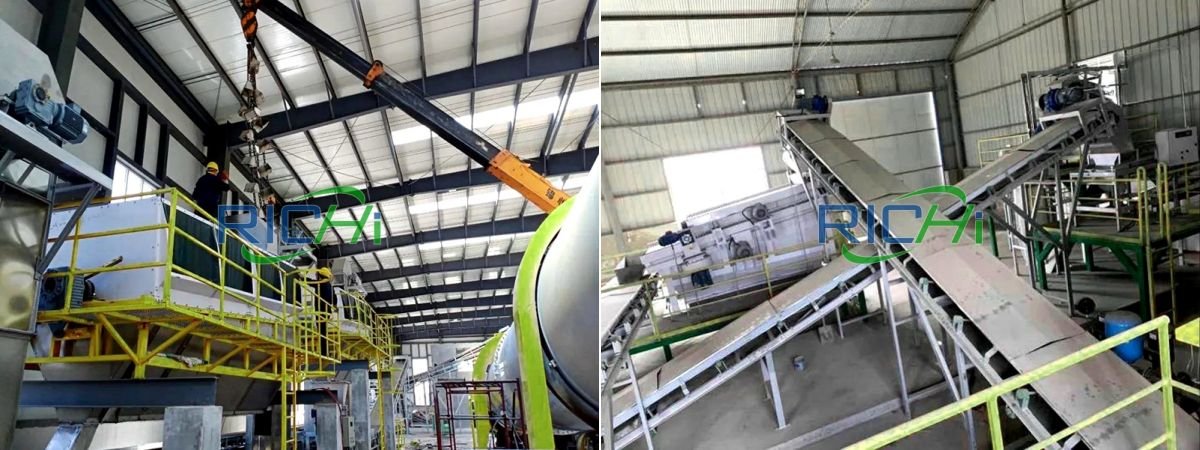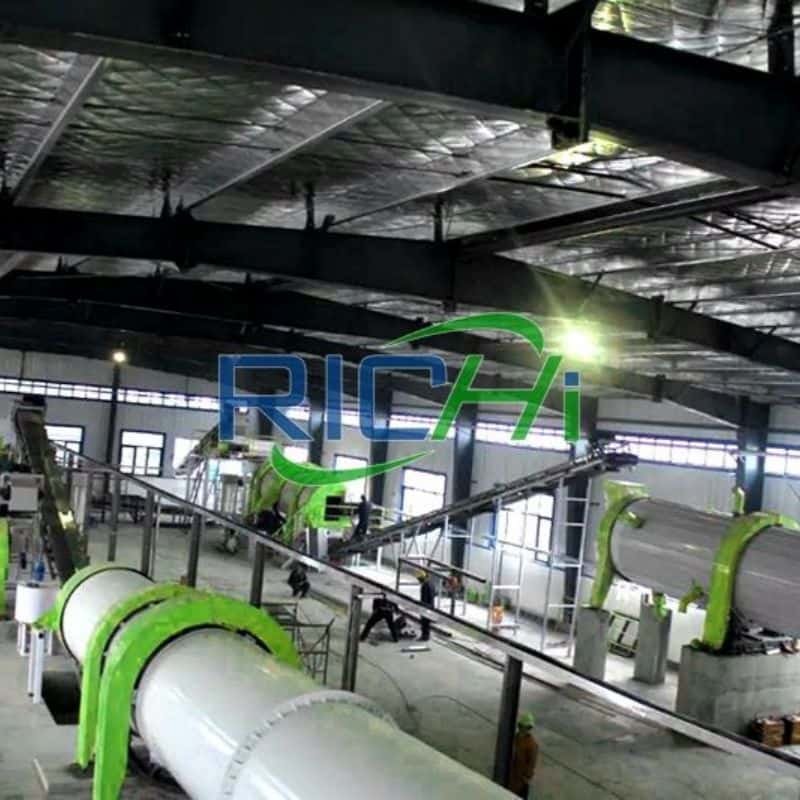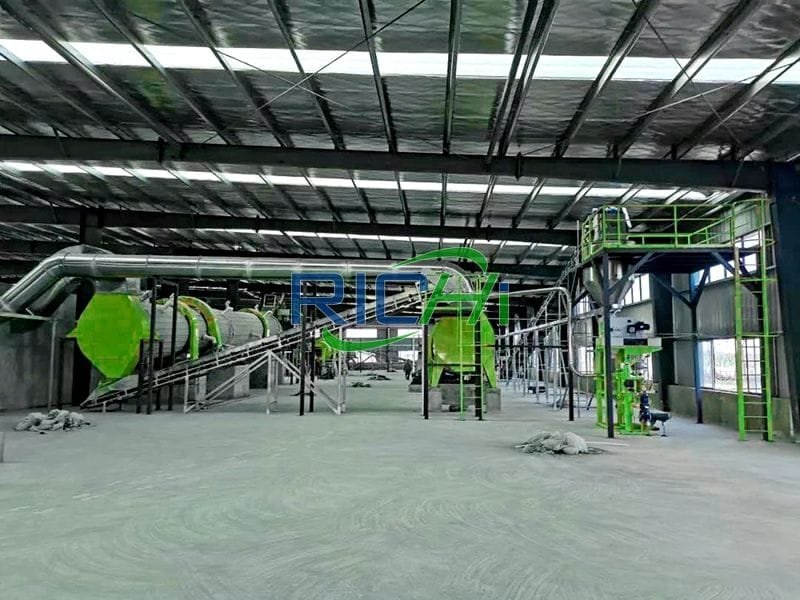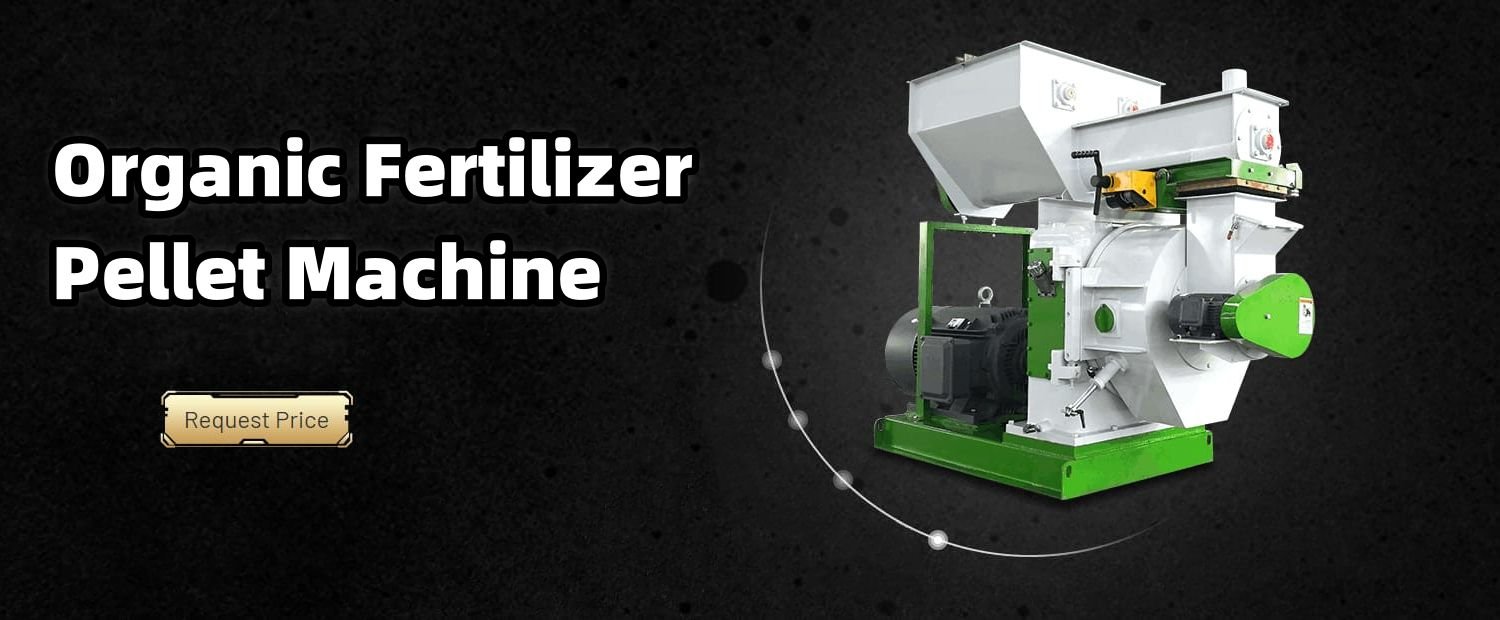Starting a large-scale organic fertilizer production project involves several key initial steps to ensure feasibility, regulatory compliance, and operational efficiency. Here’s a detailed outline based on industry practices:
- Conduct a Comprehensive Feasibility Study:
- Evaluate the economic viability of the project.
- Assess market demand for organic fertilizers in target regions.
- Analyze potential competitors and market dynamics.
- Perform Market Analysis:
- Identify regional and global trends in organic farming.
- Understand consumer preferences and demand for organic products.
- Forecast market growth and potential niche opportunities.
- Evaluate Raw Material Sources:
- Identify and assess availability of organic waste materials like animal manures, crop residues, food wastes, etc.
- Analyze costs associated with raw material procurement and transportation.
- Ensure consistent and reliable supply chains to minimize production disruptions.
- Select an Optimal Production Site:
- Choose a location near abundant sources of raw materials to reduce transportation costs and logistics.
- Consider proximity to markets, utilities availability, and regulatory considerations.
- Engage with local authorities for necessary permits and environmental assessments.
- Develop Detailed Financial Projections:
- Estimate capital expenditures (CAPEX) and operational expenses (OPEX).
- Project revenue streams based on production capacity and market pricing.
- Conduct sensitivity analysis to assess financial risks and potential returns on investment.
- Create a Comprehensive Business Plan:
- Outline project objectives, strategies, and operational details.
- Describe production processes, equipment requirements, and quality control measures.
- Include marketing, distribution, and regulatory compliance plans.
- Secure Financing and Permits:
- Present the business plan to investors, lenders, or government agencies to secure funding.
- Obtain necessary permits and approvals, such as environmental assessments and zoning permissions.
- Ensure compliance with organic production certification standards if applicable.
- Establish Robust Supply Chains:
- Secure long-term contracts with suppliers of raw materials.
- Develop partnerships with farms, agricultural cooperatives, or waste management facilities.
- Ensure efficient collection, transportation, and storage of raw materials.
- Invest in Facility Design and Equipment:
- Design production facilities optimized for efficiency and scalability.
- Select appropriate organic manure making machine for composting, drying, pelletizing, and packaging.
- Incorporate automation and quality control systems to streamline operations.
- Implement Quality Control Measures:
- Establish rigorous quality standards for raw materials and finished products.
- Conduct regular testing and analysis to ensure compliance with regulatory requirements.
- Maintain consistency in product quality and performance.
By following these initial steps methodically, entrepreneurs can lay a solid foundation for their large-scale organic fertilizer production project. This approach not only ensures operational success but also contributes to sustainable agriculture practices and environmental stewardship.
For details please contact: Richi Pellet Mill
WhatsApp:86 138 3838 9622
Email:enquiry@richipelletmachine.com








